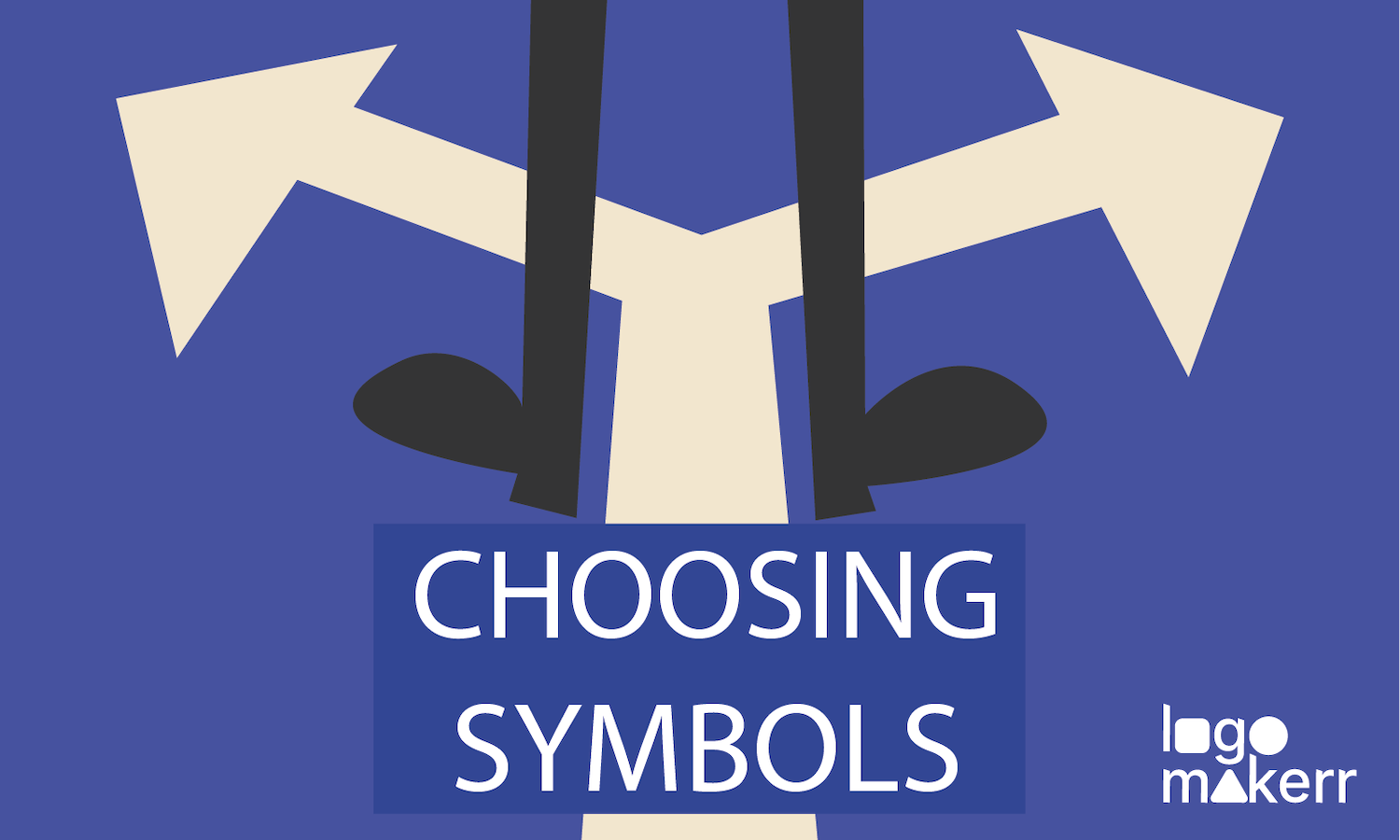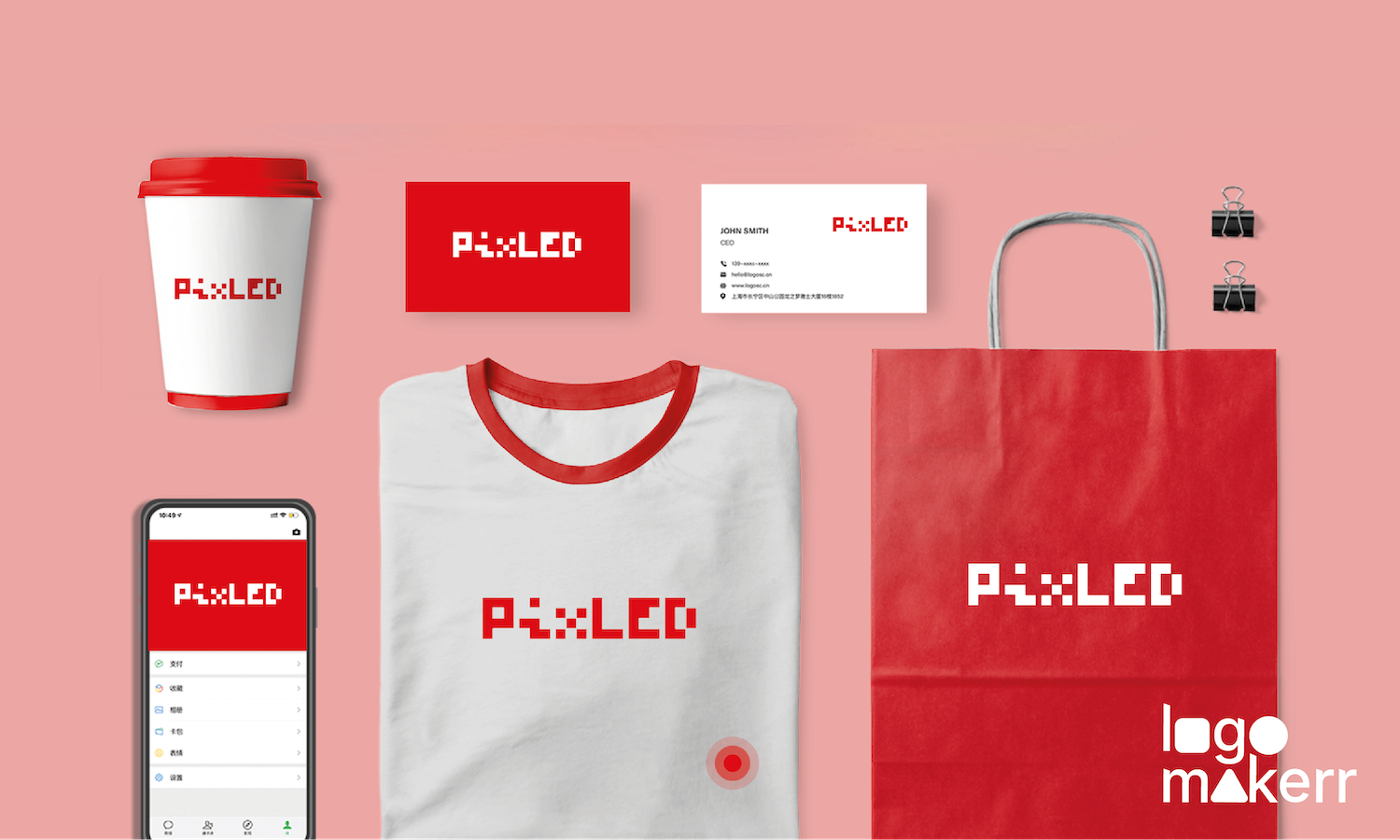Branding vs Non Branding.
When you’re in the business for a while, you’ll know there’s a branding and non-branding approach. But what if you’re new to the industry and unsure of a white one to use for your newly-setup business?
Just like any other choice in the world, each approach offers distinct advantages that can impact your marketing efforts and overall success.
Should you invest time and resources into building a strong brand that speaks volumes about your values and sets you apart from the crowd, including logo design using AI logo maker? Or is it better to adopt a non-branding approach, focusing on other aspects of your business, like product quality or pricing? “The branding vs non-branding decision isn’t just about marketing, it’s about understanding your business model and customer base,” explains Paul McKee, Founder of 15 Worksheets. “The most successful businesses I’ve worked with choose their approach based on their long-term vision, not just immediate budget constraints.”
As for branding vs non branding, this is the main question we’ll be exploring in this blog post.
So let’s have a clear understanding between the two and make the right choice on what approach you should use for your own business!
Branding Vs Non Branding
There’s no right or wrong answer, as both have merits and disadvantages. But it’s essential to understand the differences and determine which path aligns best with your goals.
Branding: Stand Out and Build Trust
Branding is like putting a face to your business—it sets you apart from the competition and helps customers recognize and remember you.

Think of successful brands like Apple, Nike, or Coca-Cola. You instantly know who they are and what they represent when you see their logos or hear their taglines.
But it goes beyond catchy tagline for a logo, or slogan; it encompasses your values, mission, and promises to your customers.
The way you communicate, the visual elements you use, and the emotions you evoke are all aspects of complete branding. Some advantages of branding include:
- Differentiate products or services from your competitors. Customers who can easily recognize and remember your brand are more likely to choose you over others.
- Builds trust and credibility among your target audience. Trust is the secret sauce of successful businesses. Customers with positive experiences with your brand will likely become repeat buyers and recommend your company to others.
- Evoke emotions and forge deep connections with existing customers. As sweet as it sounds, branding cultivates a loyal fan base where your customers become your biggest advocates, sharing their positive experiences with others and even returning for more.
Nonbranding: Focusing on What Matters
While branding is widely popular, nonbranding can also be viable, particularly for certain types of businesses.
Instead of investing heavily in brand development and promotion, non branding focuses on other elements such as product quality, pricing, convenience, or customer service.
But it doesn’t mean that non-branding completely neglects branding efforts. Even businesses that adopt a non branding approach can still create a recognizable and consistent visual identity with less emphasis on brand promotion and emotional connections.

The goal is to compete and succeed without relying heavily on the recognition and reputation associated with a distinct brand. Some examples include generic store brands, discount retailers, business-to-business (B2B), and other small local businesses.
Moreover, they have their own benefits, such as:
- Businesses remain flexible and adapt quickly to changes. You’ll be free to adapt quickly to new trends, customer demands, and market conditions. This allows you to stay fresh and makes you feel excited for your customers.
- Allocate resources differently, and focus on other areas with little budget. Instead of spending a hefty budget on elaborate branding campaigns, they can invest in high-quality ingredients, equipment, and skilled staff.
- Resonate with consumers who prioritize tangible benefits over brand affinity. In a world dominated by big chains and mass-produced goods, customers often appreciate the authenticity and uniqueness of local businesses.

Determining the Right Approach for Your Business
Building a strong brand can differentiate you from competitors, foster trust and loyalty, and create emotional connections with customers. On the other hand, nonbranding offers flexibility, cost savings, and the ability to focus on product quality or pricing.
Ultimately, the right approach for your business depends on your specific goals and target audience. Remember, there’s no one-size-fits-all answer to the branding vs. nonbranding debate.
You can even combine both to maximize your reach and conversions!
Each business is unique, and the right approach depends on your industry, target audience, and long-term goals. Moreover, adapting your branding strategy as your business evolves and market dynamics change is important.\

Whether you choose branding or nonbranding, always prioritize consistency, quality, and customer satisfaction. These elements form the foundation of a successful business, regardless of your branding approach.
By delivering exceptional experiences and value to your customers, you’ll cultivate loyalty and pave the way for long-term success.




